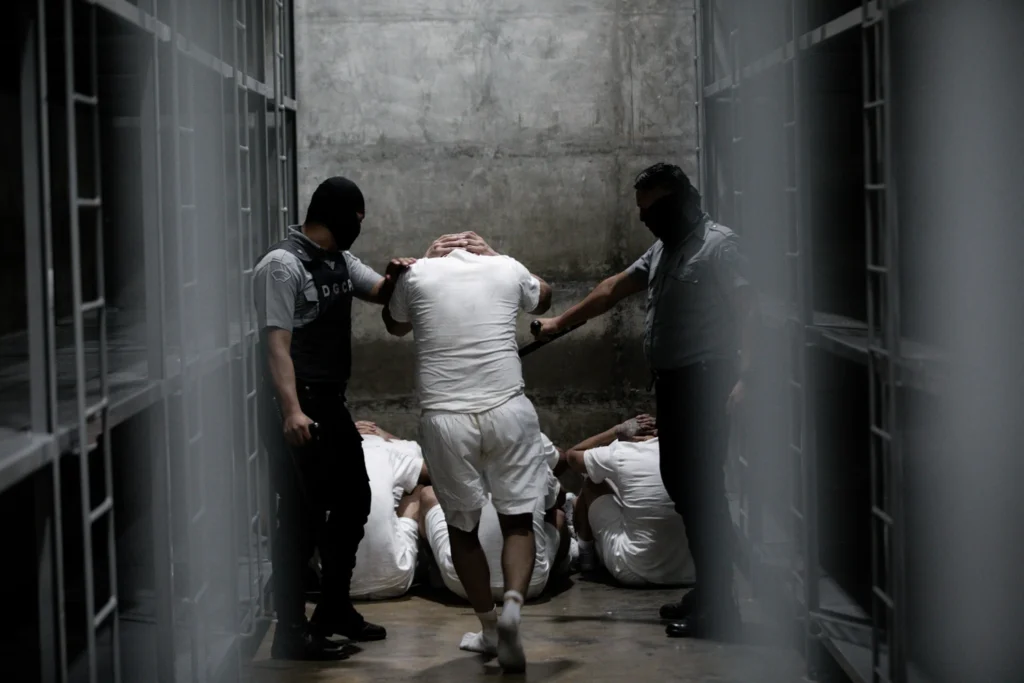Venezuela has launched a formal investigation into allegations that over 250 of its nationals were subjected to systemic torture while detained in El Salvador following deportation from the United States. The group, repatriated on Friday to an area near Caracas, had been held in El Salvador since March under accusations of gang affiliation a claim many of their relatives and legal representatives strongly dispute.
Speaking at a press conference, Venezuelan Attorney General Tarek William Saab accused El Salvadoran authorities of “systemic torture,” including sexual abuse, beatings, and inhumane prison conditions such as rotten food. Saab presented images and testimonies that allegedly show detainees with severe injuries, including missing teeth and extensive bruising. The claims have not yet been independently verified.
The detainees were confined in the highly controversial Terrorism Confinement Center (CECOT), a facility known for its harsh treatment of inmates and originally intended to hold gang members. Reports indicate that the Venezuelan migrants were denied access to legal counsel and family contact. Their only public appearance came through government-issued photos showing them in handcuffs, with shaved heads a release that triggered international condemnation.
The Venezuelan government has stated it will investigate El Salvador’s President Nayib Bukele, Justice Minister Gustavo Villatoro, and Head of Prisons Osiris Luna Meza. Additionally, Saab has called on international human rights bodies, including the UN Human Rights Council and the International Criminal Court (ICC), to launch their own probes.
Ironically, Venezuela itself is under ICC investigation for similar allegations involving the mistreatment of prisoners and denial of legal representation. The deported Venezuelans had been expelled under the U.S. Alien Enemies Act of 1798, which allows the president to remove nationals from so-called “enemy” states without due process.
El Salvador has not responded to the accusations. However, the migrants were quietly released in mid-July in exchange for U.S. nationals detained in Venezuela. A senior Trump administration official later expressed “deep, deep gratitude” to Bukele for facilitating the deal.
This latest controversy adds to the complex web of international tensions involving migration, human rights, and geopolitical bargaining.

